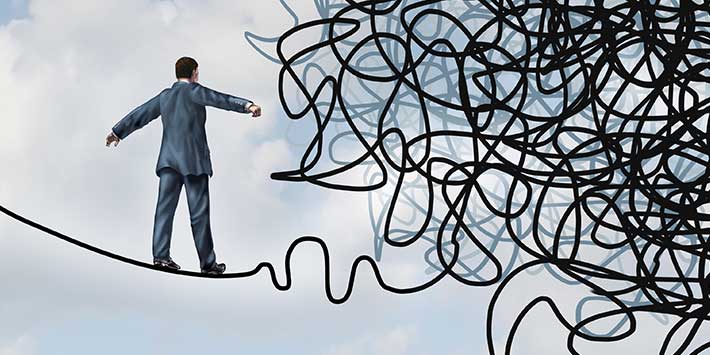What is abuse of discretion?
 Discretion has the meaning of acting on one's own authority and judgment. In law, discretion as to legal rulings, such as whether evidence is excluded at a trial, may be exercised by a judge. Some view discretion negatively, while some view it positively. Discretion exists at all levels of law enforcement and in many types of front-line bureaucrats. Discretion has been called "the Art of suiting the action to particular circumstances" (Lord Scarman). Those in a position of power are most often able to exercise discretion as to how they will apply or exercise that power. The ability to make decisions which represent a responsible choice and for which an understanding of what is lawful, right or wise may be presupposed. (See Websters Third New International Dictionary -unabridged; Read more: Discretion. From Wikipedia, the free encyclopedia. https://en.wikipedia.org/wiki/Discretion#Abuse_of_discretion.)It is often hard to control officers' use of discretion because of the way it is applied to situations. "Policing the police" is a very important part in maintaining a balance of police discretion and controlling it so the power of discretion is not abused. Unfortunately, the police have an ability to perform an abuse of discretion without being noticed or regulated by the judicial or legislative community in what is referred to as the "legal shadow". In this place questionable police tactics are being performed and, in a sense, covered up with police privilege backed by government support. Although there has been some effort by the federal government to regulate police discretion, unless there is a conflict including the Constitution, it is difficult for them to involve themselves. Most of the time police misconduct doesn't draw enough attention to include federal intervention. (MISNER, RL. RECASTING PROSECUTORIAL DISCRETION. Journal of Criminal Law & Criminology. 86, 3, 717, 1996. ISSN 0091-4169.)
Discretion has the meaning of acting on one's own authority and judgment. In law, discretion as to legal rulings, such as whether evidence is excluded at a trial, may be exercised by a judge. Some view discretion negatively, while some view it positively. Discretion exists at all levels of law enforcement and in many types of front-line bureaucrats. Discretion has been called "the Art of suiting the action to particular circumstances" (Lord Scarman). Those in a position of power are most often able to exercise discretion as to how they will apply or exercise that power. The ability to make decisions which represent a responsible choice and for which an understanding of what is lawful, right or wise may be presupposed. (See Websters Third New International Dictionary -unabridged; Read more: Discretion. From Wikipedia, the free encyclopedia. https://en.wikipedia.org/wiki/Discretion#Abuse_of_discretion.)It is often hard to control officers' use of discretion because of the way it is applied to situations. "Policing the police" is a very important part in maintaining a balance of police discretion and controlling it so the power of discretion is not abused. Unfortunately, the police have an ability to perform an abuse of discretion without being noticed or regulated by the judicial or legislative community in what is referred to as the "legal shadow". In this place questionable police tactics are being performed and, in a sense, covered up with police privilege backed by government support. Although there has been some effort by the federal government to regulate police discretion, unless there is a conflict including the Constitution, it is difficult for them to involve themselves. Most of the time police misconduct doesn't draw enough attention to include federal intervention. (MISNER, RL. RECASTING PROSECUTORIAL DISCRETION. Journal of Criminal Law & Criminology. 86, 3, 717, 1996. ISSN 0091-4169.)The exercise of discretion by judges is an inherent aspect of judicial independence under the doctrine of the separation of powers. The standard of review applied to appeals from decisions involving the exercise of judicial discretion is "abuse of discretion."
"An abuse of discretion is a failure to take into proper consideration the facts and law relating to a particular matter; an arbitrary or unreasonable departure from precedent and settled judicial custom." On appeal of an exercise of judicial discretion, "abuse of discretion" is a standard of review requiring the appellate court to find that the lower court's decision would "shock the conscience" of a reasonable person in order to reverse the decision below. (JAROS, DM. PREEMPTING THE POLICE. Boston College Law Review. 55, 4, 1149-1195, Sept. 2014. ISSN 0161-6587; Read more: Discretion. From Wikipedia, the free encyclopedia. https://en.wikipedia.org/wiki/Discretion#Abuse_of_discretion.)



